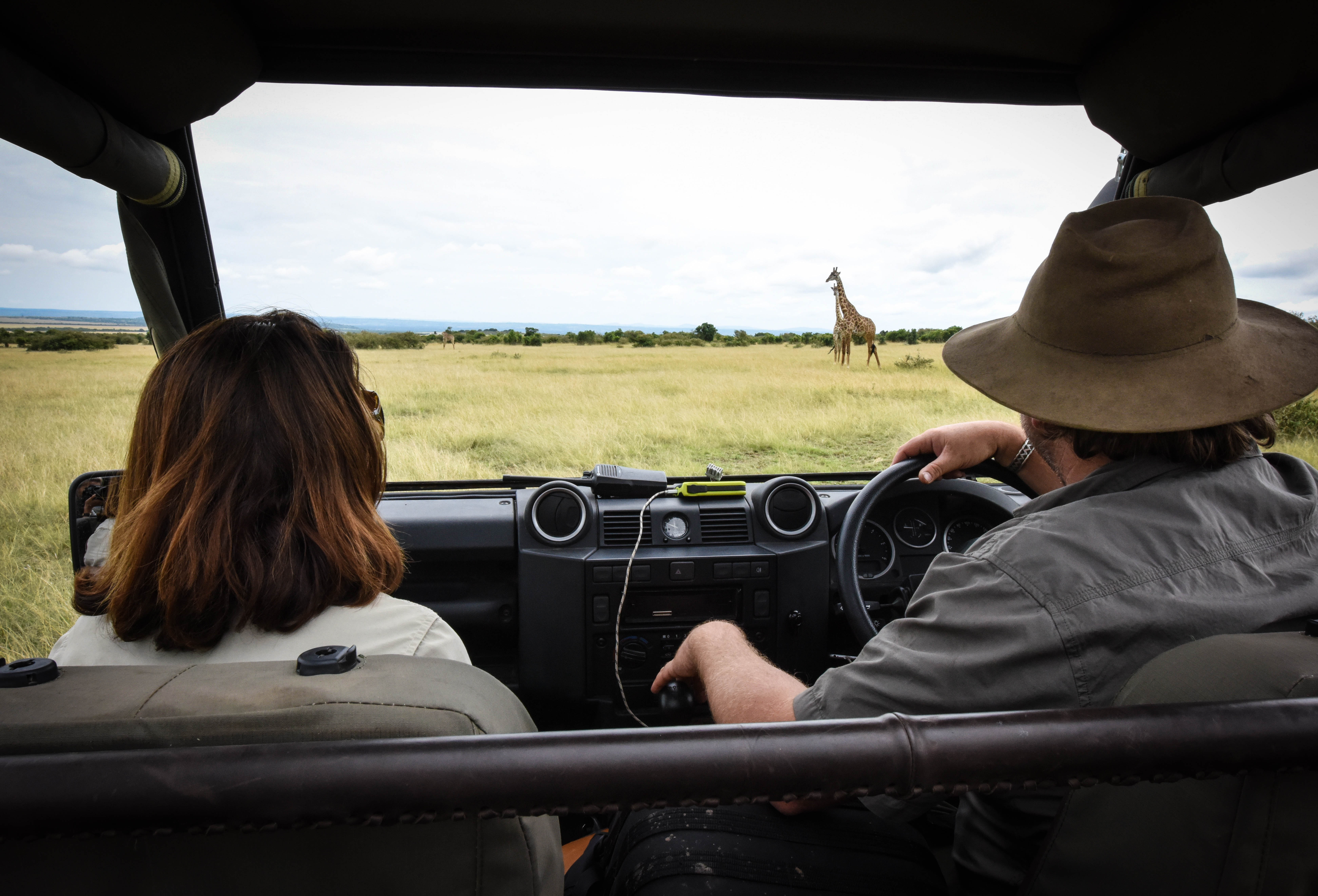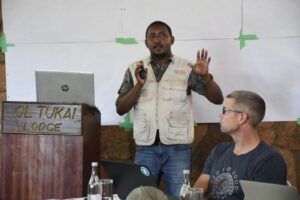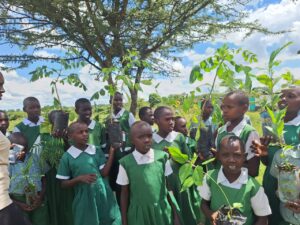Post Magazine recently published an article entitled Kenyan wildlife warriors need our help which featured one of MEP’s key stakeholders, Richard Roberts, along with MEP partners.

Richard Roberts with MEP Founder Suzie Fehsenfeld.
An excerpt from the article
Political instability and negative press coverage also affect the tourism industry in Kenya. People hope the August general election will be more peaceful than that in 2007, but there is already tension in the air, stoked by the armed pastoralists who have been entering conservancies and private land in northern Kenya, bringing with them huge herds of livestock to graze, following severe droughts in the country.
“When the tourism numbers drop, it’s massively detrimental to wildlife,” says Richard Roberts, co-founder of the Mara Elephant Project, which protects elephants in the greater Mara ecosystem, the northern portion of the Serengeti plains. “Our national parks fail, and our community conservation areas can’t survive. Without tourism, our remaining wildlife would all disappear.”
Roberts, a third-generation Kenyan who owns Richard’s Camp, which offers tented accommodation in the Mara North Conservancy, says the thousands of visitors drawn each year to the Maasai Mara – a large game reserve in southwestern Kenya, contiguous with Tanzania’s Serengeti National Park – provide a crucial cash injection to the land and its people, the Maasai, who own it.
“It’s rich, fertile land that supports the biggest number of wildlife, large mammals on the planet per acre,” Roberts says. “After the terrorism we had in Nairobi [including the 2013 Westgate shopping mall siege] and the last election violence, no tourists came. The Maasai were getting almost no revenue off their incredibly valuable land. Now, in Mara North, we lease the land off 800 land owners just in our conservancy.”


